When I first learned the basics of libertarianism and Austrian economic theory, I knew that these provided a more practical, moral, and satisfactory answer to major political and economic questions than any other ideology. For example, the premise of profitability in the Austro-libertarian point of view is that profits are the result of bringing unrealized value to the market. Those who receive profits have contributed more value than they have taken, and so they have a strong moral claim to whatever economic inequality might result from profits.
Austro-libertarian answers are great, but over time I began to feel that many of them are incomplete. Property rights are strongly defined by the homesteading principle and derived from our right to bodily autonomy. It was less clear, however, how far this principle extended into high abstractions of property, where the owner really isn’t doing any labor at all.
The answer would be that the right to property includes the right to sell it, transferring the right, and by argumentation ethics, there is no room for a subjective interpretation of property use that can qualify the objective property right. Maybe the idle landlord’s bodily autonomy has nothing to do with the rent he charges, but to infringe on his property rights would be to deny an objective and consistent interpretation of law. Either the law is absolute, or otherwise political authority is free to ignore it, which means they could also ignore your right to bodily autonomy. This answer is good, but the moral clarity of the homesteading principle becomes muddled.
Another example is how Austrian economics addresses Marx’s crisis of overproduction. In the Austrian concept of real deflation, an oversupply of goods will lower their price, and free up surplus wealth to expand other areas of the economy. The 1880s are an example of when this happened, and quality of life skyrocketed. During today’s various economic crises, capitalism is blamed and Marx is invoked. Certainly, the Austro-libertarian concept invalidates Marx, however, Austrian economics doesn’t provide a clear banking reform that could accommodate deflation.
Eventually, I began to encounter more complete answers to these questions. In studying war and peace, I looked into Murray Rothbard’s incomplete “Praxeology of Force.” I realized that violence is an extension of economics which follows unique rules. The property right is defended with force, at cost, and defense costs relate to property value. In an environment with a strong division of labor, the unique escalatory rules of violence impose prohibitive costs. Instead, law is used to settle disputes. A critical mass of economic participants gain more by following the rule of law than what they might gain even through piracy and anarchy.
Understanding property rights in the context of economics and the cost of violence adds nuance to the fundamental moral question about bodily autonomy. While the moral right to property isn’t disparaged by the pragmatic economic question of how to establish it, the economic question does qualify some legal interpretations of property. For example, the Lockean, Anglo-American concept of property uses the moral right of property to rationalize the wealth and social status of powerful elites. Where the market cannot bear the costs of defending large property holdings for the very wealthy, in turn, the wealthy establish strong states with the power to tax and issue debt. These states protect and preserve established wealth, using the moral right to property as a rationalization for a redistribution of power from the local to the national, to protect the abstract wealth of a few.
Meanwhile, I began to understand that there is a similar relationship between the failure of markets to represent value correctly and the need to create and protect a denomination of wealth that preserves wealth for the state and for the wealthy. Modern capitalism is not a free market, by any means. Uncomfortably, it can be argued that modern capitalism does produce unfair results, which unfortunately gives ammunition to critics of the free market. More importantly, it is less productive than it could be. It inhibits the proper flow of information needed for people to plan and organize the correct response to changing conditions.
With more nuanced answers, I wanted to think about what sort of direction Austro-libertarian thinking should lead. Its core conceit is freedom, primarily freedom of soul and thought. It would be inappropriate to suggest a specific cultural or moral direction. Political directions are dangerous since they exist to make cultural and moral judgments and otherwise restrict freedom. Ultimately, the obvious course would be to consider the economic direction. Taking the free market for granted, what sort of mechanical changes, improvements to business processes, would make markets function more appropriately? Then I considered the social and political implications of these changes.
I cover my thoughts about the mechanics of an improved free market in a series of short essays I have written. I recently graduated from business school and applied the results of my graduate research into business and game theory toward this project.
In the first essay, I summarize the problems with modern capitalism, and define a mechanical approach to fixing it. The apparent freedom of modern capitalism has come along with concessions to the left-wing prerogatives of the state in creating a uniform society that’s easy to govern and tax, and simultaneously where it is easy to sell to at scale. An improvement could come through innovations to our process of business, specifically learning how to balance private economic cooperation and competition with agility, using market signals. The lack of this agility leaves room for the state to enter.
The second essay summarizes economic principles and considers the moral picture. Participation in society is a compromise that comes with privileges and responsibilities, but one which can be made willingly, in an environment where there ought to be many choices.
The third essay covers how capitalist economics, when functioning properly, are more than anything else a machine for discovering and applying valuable knowledge. The need for freedom to engage in entrepreneurship makes room for wasteful competition which can suppress disruptive innovation. This can be addressed through advanced business processes, but American capitalism has solved it through state intervention instead, creating difficulty in determining the most valuable uses for resources.
The fourth essay looks at how the market expresses demand, and how localist, mutual-aid style social arrangements could move past the state’s uniform consumer class. Better managed demand can assert a preference for putting value into product quality over quantity and price, addressing a common criticism of capitalism. Well managed communities can realize more value out of products and maintain them better than individual households can.
The penultimate essay is a lesson in game theory, including details about the vitally important cooperative game theory. Business strategy is already a mixed game, where the company is a cooperative solution over employees, a competitive solution against rivals, and a cooperative solution among value added supply chain partners. Businesses which frame cooperative and competitive modes more consciously could perform better. The mix of strategies does not need to follow a traditional corporate model.
Finally, the last essay presents the most extreme version of a mixed-game economy based on decentralized financing and blockchain facilitated supply chain management. This science fiction economic model reduces economic functions into core competencies, local workshops which can interact dynamically with many different partners, and the need for monopolistic competition evaporates under the decentralized structure.
A bonus essay to the series speculates about alternative forms of money and banking. In this case, all money is tied to real assets and the relative value of different economic sectors can adjust dynamically, creating local ecosystems. Instead of debt-based money, growth is represented by an unending race for pole position, where changes in the relative value of a currency against another captures the amount of growth. Here, wealth requires financial skill, is never permanent, and massive wealth would be quite difficult to accrue.
There are two conclusions from this series I’d like to highlight.
The first is that the American system of capitalism might be more left-wing than we typically acknowledge. Specifically, in the way that capitalism commodifies life and demands uniformity, assaults family and tradition, and has an interdependency with the state. Some mid-century libertarians have imagined an ideal society that looks like a clean and prosperous New York, albeit one with private law enforcement, minimal regulations and no taxation. This neglects the degree to which American life, epitomized by New York City, has required participation in structured rat race, and created uniform mass culture via a carefully curated set of professional and academic institutions which are well integrated with functions of the state.
Maybe the twentieth century is just not very libertarian. In my opinion, Stalinism is the apotheosis of twentieth century capitalism, and American capitalism is merely less further along. The difference is that American freedom has allowed the market to retard these effects of capitalism due to the influence of middle class wealth, decentralized politics, and strong traditions in some quarters.
Second, if there’s an Austro-libertarian dream, it’s probably one where wealth lies in communities, within large family groups. Where there’s room for different cultures, and even—if you can afford it—an atomized, urban, cosmopolitan life. Where economics are oriented toward family, in holding community equity and tying labor to family rights and responsibilities. Where politics is local, and people focus mainly on defining what sort of boundaries allow for us to live and let live. Where geopolitics is libertarian, because war isn’t affordable, and wouldn’t be worth it. An environment dominated by diplomacy, letters of marque, and decentralized legal norms.
Politics forces us to adopt positions and reject others, out of solidarity with allies and in defense against enemies. I hope to not be interpreted through a political lens. I have been day-dreaming about freedom, and so if something in my day-dream appears useful, please use it freely.











